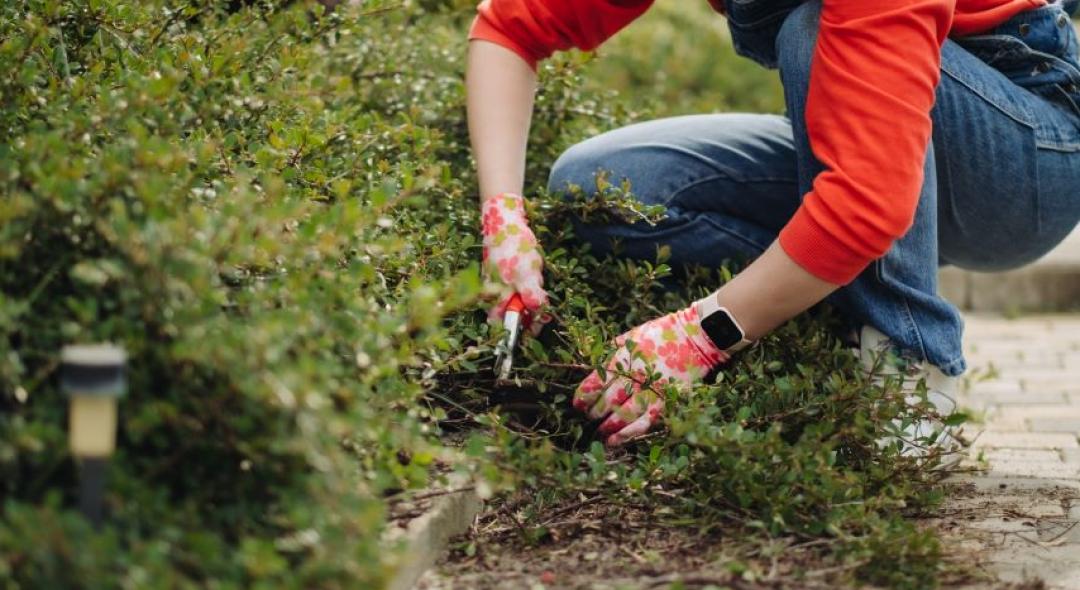Fall is the perfect time to get your concrete surfaces and foundation inspected and repaired before the cold weather and snow hit. Before the ground begins to freeze (and then start to thaw in the spring), make sure your concrete is ready. If it's not, it could crack, allow water into your basement, or even damage your home. So get a professional to check it over now.
Fall is the perfect time to prepare your home for winter, which is right around the corner. Mainly this will involve prepping your concrete, which gets hit the hardest in the freezing and thawing of the ground. While there’s lots to do, it’s always best to keep organized with a list. This article is exactly what your concrete needs over the winter.. Here’s our home winter prep guide.
”The time to repair the roof is when the sun is shining.” - John F. Kennedy
Foundation

The main issues you’ll need to keep an eye on when it comes to concrete are the freeze and thaw cycles. The expansion and contraction that follows these cycles can best even the toughest concrete, because cement slabs don’t take well to the ground constantly shifting around them. Get your concrete prepped for freezing and thawing cycles and be on the lookout for the following:
- Cracks
- Splits
- Rust spots
- Deterioration
- Potholes
- Spalls
- Heaves
Preventing Water Leakage

To combat the preventable damage to your home’s foundation, remember to get proper drainage systems installed. This can be as simple as joints around your basement windows, or as complex as an indoor irrigation system like a sump pump. The main focus here is that when the snow begins to melt, you don’t want it to collect in your home, or even around the base of your house. So get your home winter ready and make sure the foundation is secure.
Concrete

As stated above, the main issue is the ground literally thawing and freezing, which deteriorates your concrete. Be it a basement or slab, the change in temperature can do a number on concrete structures. While time will erode at your concrete regardless, there are some winter preparation tips that you can follow to minimize damage. For example, make sure to have a professional check for the following:
- Water leakage
- Pooling water
- Exposed rebar
- Spalled, cracked concrete
- Expansion joint failure
Concrete Driveways and Walkways

When it comes to driveways and walkways, do you know how to prepare for winter? The idea is the same in that running water erodes at the material over time, and freezing said water certainly doesn’t help. However, there are steps you can take to keep your concrete looking good even after winter. Here are some tips to winterize your concrete:
- Fill in any cracks with a flexible sealant
- Get your concrete resurfaced
- Seal concrete surfaces with an acrylic sealant
You’re going to need snow removal services this winter. But did you know the cost for snow removal changes based where you live? For example, in Anchorage, AK it can cost an average of $213 while in Cape Coral, FL, it can cost an average of $156. Want to get a more accurate estimate for free? Get in touch with a homeyou pro near you!
All Clear

Once you’ve had your home winterized, make a hot cup of chocolate and put your feet up by the fire. You’re prepared to get snowed in. Keep reading if you think you might need a little extra help this snowy season. This has been our “prepare your home for winter” checklist.
Ready to get the concrete around your home ready for winter? Get a free estimate from a pro today!
Continue Reading:
